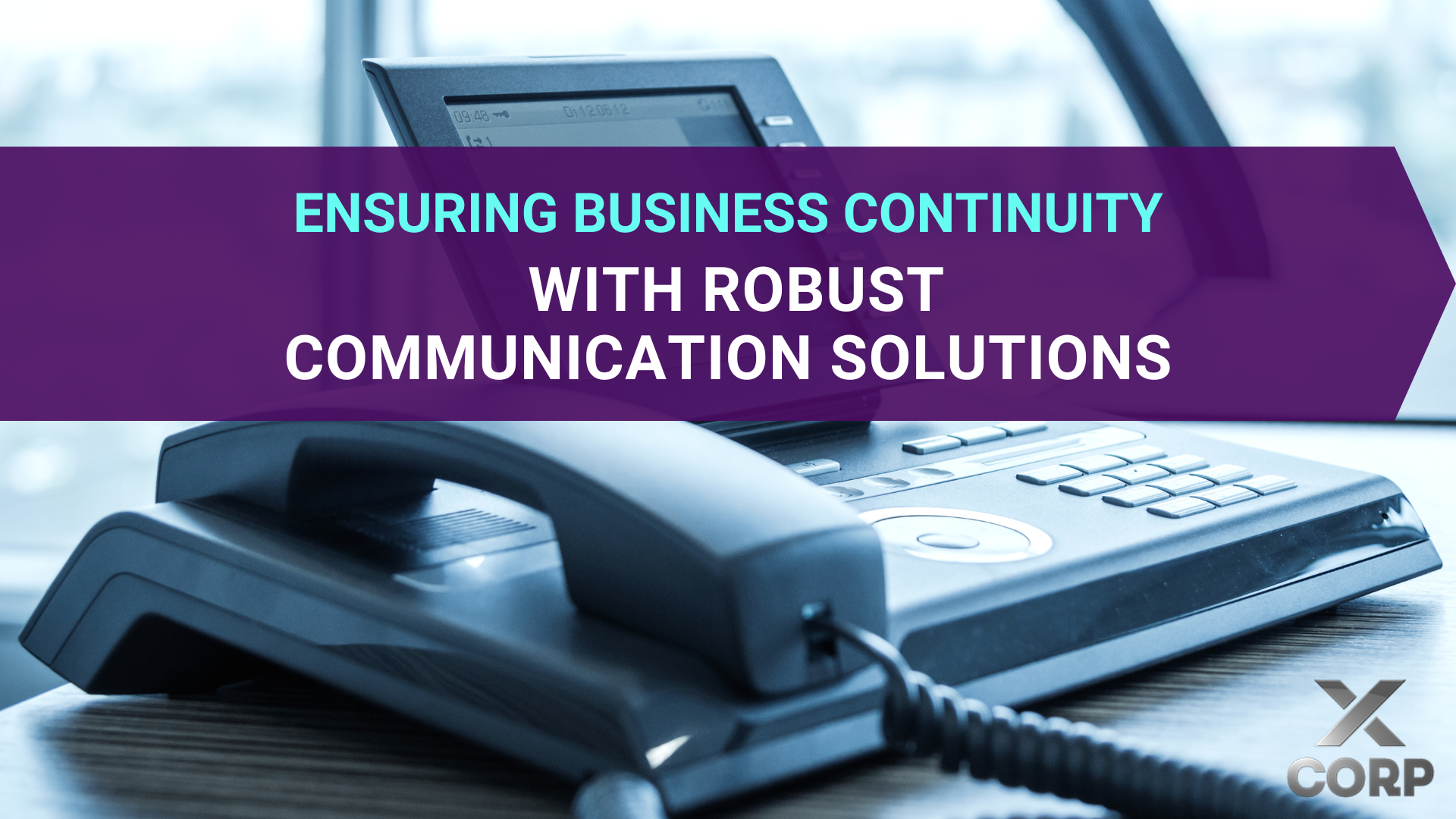
Maintaining uninterrupted communication is essential for ensuring business continuity during emergencies or disasters.
A well-thought-out communication strategy can minimize downtime, protect data integrity, and keep your business operations running smoothly.
Here, we will discuss key strategies to achieve robust business communications, focusing on setting up backup systems, leveraging cloud-based tools, and creating a comprehensive business continuity plan.
1. Setting Up Backup Systems
Redundancy and Failover Solutions
Implementing redundancy and failover solutions is crucial for
maintaining communication during unexpected disruptions. Here are some key components:
- Backup Internet Connections: Ensure your business has multiple internet connections from different service providers. If one fails, the backup can take over, minimizing downtime.
- Secondary Communication Channels: Utilize multiple communication platforms such as email, VoIP, and mobile networks. In case one platform fails, others can serve as a backup.
- Power Backup Systems: Invest in uninterruptible power supplies (UPS) and generators to keep your communication infrastructure running during power outages.
Regular Testing and Maintenance
Regularly test and maintain your backup systems to ensure they function correctly when needed. Schedule periodic drills and update your systems as technology evolves.
2. Leveraging Cloud-Based Communication Tools
Cloud-based communication tools offer significant advantages in terms of scalability, flexibility, and disaster recovery. Here are some essential tools and their benefits:
Cloud-Based VoIP Systems
- Scalability: Easily scale your communication capabilities up or down based on business needs without significant capital investment.
- Accessibility: Employees can access the system from any location with an internet connection, ensuring seamless communication even if the physical office is inaccessible.
Unified Communication Platforms
Platforms like
Microsoft Teams,
Slack, and
Zoom integrate various communication channels - (messaging, video conferencing, and file sharing) into a single interface. This integration ensures that your team remains connected and productive, regardless of their physical location.
Data Security and Compliance
Ensure that your cloud service providers comply with industry standards for data security and privacy. Encrypt your communications and implement strict access controls to protect sensitive information.
3. Creating a Comprehensive Business Continuity Plan
A robust business continuity plan (BCP) is essential for preparing your business to handle emergencies effectively. Here are the key steps to develop a BCP:
Risk Assessment and Business Impact Analysis
Identify potential risks and assess their impact on your business operations. Determine which communication systems are critical and prioritize them in your continuity planning.
Develop Recovery Strategies
Create detailed recovery strategies for your communication systems. This includes:
- Emergency Contact Lists: Maintain updated contact lists for employees, clients, and service providers. Ensure everyone knows how to access and use these lists during an emergency.
- Communication Protocols: Establish clear protocols for how and when to communicate during different types of disruptions. Define roles and responsibilities to ensure a coordinated response.
Training and Awareness
Regularly train employees on your BCP and conduct drills to ensure everyone knows their roles and responsibilities. Keep your plan updated to reflect changes in your business operations or technology.
Collaboration with External Partners
Coordinate with external partners, such as internet service providers and cloud service vendors, to ensure their disaster recovery plans align with yours. Establish service-level agreements (SLAs) to define expectations and responsibilities.
In Conclusion,
Ensuring uninterrupted business communications during emergencies requires a combination of strategic planning, robust technology, and continuous training. By setting up backup systems, leveraging cloud-based tools, and creating a comprehensive business continuity plan, your business can maintain resilience and continue operations smoothly, even in the face of unexpected disruptions.
At
X-Corp Business Solutions, we are committed to helping businesses like yours implement effective communication strategies to safeguard against emergencies. For more information on how we can support your business continuity efforts, contact us today.










